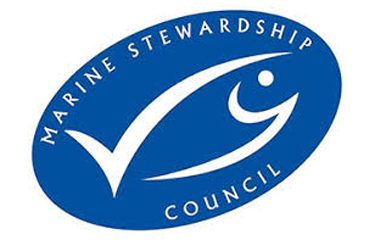Fishing vessels certified by the Marine Stewardship Council will no longer be able to target a stock using non-certified fishing practices, beginning in 2023.
The MSC had been criticized for allowing “compartmentalization,” the practice of fishing vessels using certified and non-certified fishing methods while utilizing the same gear type. MSC-certified purse-seine tuna fisheries that employ certified “free-school” fishing methods and non-certified harvesting using fish aggregating devices or FADs had come under particular scrutiny, particularly from the “On the Hook” advocacy campaign. In response, last month, the MSC said it would address those concerns.
On 25 March, the organization released a set of changes to the document that defines the process requirements for certification bodies to assess fisheries against the MSC Fisheries Standard. The changes were made following 24 months of consultation with seafood industry stakeholders, scientists, and experts, and reflect feedback from NGOs, fishing organisations, and assessment bodies, according to MSC Chief Science and Standards Officer Rohan Currey.
“They’re designed to ensure that the process followed by independent assessment teams is robust, effective, and transparent,” he said.
Changes to MSC’s fisheries certification process will take effect for new fishery assessments after 25 September, 2020. Changes relating to compartmentalisation have been given a longer effective date beginning on 25 March, 2023, for already-certified fisheries, including any assessments started before 25 March, 2020.
The tuna industry, scientists, and the MSC are also looking into sustainable management opportunities with the use of FADs, Currey added.
The recently announced changes will also strengthen penalties related to evidence of shark-finning by a company or fishery. If a company or organization is convicted of shark-finning, they will not be eligible for MSC certification for two years. If there is evidence of shark-finning in a certified fishery, that fishery will face suspension if the offending vessel is not removed from the certificate. These changes are intended to strengthen the MSC’s commitment to addressing shark finning while punishing specific offenders – now a fleet will not necessarily lose its certificate due to the activity of one boat or member, Currey said.
The issue of shark-finning is also being considered by MSC as part of its Fisheries Standard Review, which will assess how certified fisheries ensure that shark finning is not occurring.
Reporting requirements regarding the fulfilment of conditions and how improvements are delivered have also been strengthened. Certifying bodies will be required to provide a more detailed description of steps taken by a fishery to meet conditions of certification. As a part of this process, the MSC has published a “conditions log” to create greater consistency, transparency, and public access to information on condition information on MSC certified fisheries.







